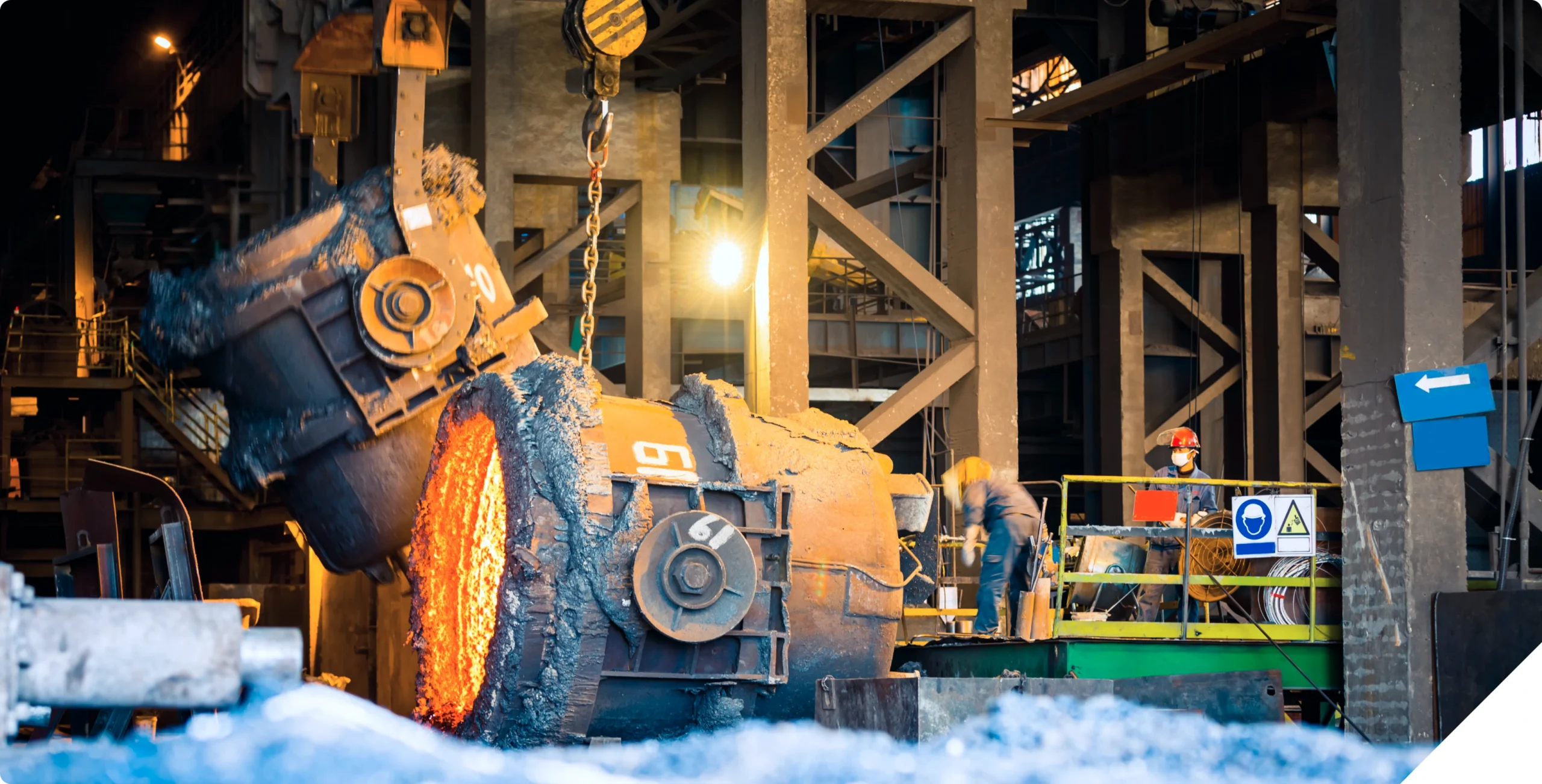Plant and Machinery: The Backbone of Modern
Industries
In the world of modern industry, plant and machinery serve as the foundation for large-scale production, infrastructure development, and operational efficiency. From manufacturing plants and assembly lines to mining operations and construction sites, the role of industrial machinery cannot be overstated. These machines power economies, drive innovation, and ensure the smooth functioning of industries that sustain global trade and development.
The Evolution of Industrial Machinery: From Manual Labor to Automation
The journey of industrial machinery has been one of continuous evolution, from simple hand-operated tools to highly sophisticated automated systems. The Industrial Revolution marked the first major shift, introducing steam-powered engines, mechanized production lines, and large-scale manufacturing. Over time, innovations in engineering, electronics, and software development have propelled industrial machinery into the digital age.
Today, automation is at the forefront of industrial operations. Smart machines equipped with sensors, AI, and IoT (Internet of Things) technology are optimizing efficiency and minimizing human intervention. Automated robotic arms in manufacturing plants, CNC (Computer Numerical Control) machines in precision engineering, and AI-driven predictive maintenance tools are ensuring that industries run smoothly with minimal downtime. This shift not only improves productivity but also enhances workplace safety by reducing the need for human interaction in hazardous environments.
The Role of Heavy Machinery in Infrastructure and Manufacturing
Heavy machinery plays an indispensable role in construction, mining, agriculture, and transportation industries. Without advanced earth-moving equipment, large-scale construction projects such as skyscrapers, highways, and bridges would be nearly impossible to complete within tight deadlines. Similarly, the mining industry relies on powerful drills, excavators, and conveyor systems to extract and process raw materials efficiently.
Manufacturing plants depend on industrial machinery to maintain high levels of precision and consistency in production. From automotive assembly lines to pharmaceutical production units, automated machines ensure that every product meets strict quality standards. The efficiency of modern manufacturing is driven by conveyor belt systems, robotic welding stations, automated packaging units, and AI-powered inspection tools that detect defects with unparalleled accuracy.
Smart Machinery: The Future of Industrial Operations
As industries become increasingly digital, smart machinery is emerging as a game-changer. The integration of AI, IoT, and machine learning is making industrial equipment more intelligent and self-sufficient. Machines can now predict failures before they happen, adjust their operations based on real-time data, and even communicate with other machines to optimize workflows.
For example, predictive maintenance systems analyze data from sensors embedded in machinery to detect signs of wear and tear. Instead of relying on scheduled maintenance checks, industries can now address potential failures before they escalate, reducing downtime and maintenance costs. Similarly, autonomous machinery in mining and logistics is enhancing efficiency by operating 24/7 without the need for human oversight.
Another transformative trend is digital twin technology, where virtual replicas of physical machines are created to simulate and optimize their performance in real time. Engineers can test new configurations, troubleshoot issues, and improve efficiency without disrupting actual operations. These advancements are driving a new era of industrial productivity, making machinery more reliable, efficient, and cost-effective.
Sustainability and Energy Efficiency in Industrial Machinery
With growing concerns about environmental impact, industries are now focusing on sustainability and energy-efficient machinery. Traditional industrial equipment often consumes vast amounts of energy and generates significant waste. However, modern machinery is being designed with eco-friendly innovations that reduce energy consumption, emissions, and waste production.
Electrification is becoming a key trend, with many industries transitioning from diesel-powered heavy machinery to electric alternatives. In the construction industry, electric excavators and cranes are reducing carbon footprints while maintaining high performance. Similarly, energy-efficient motors and smart grid integration in factories are minimizing power consumption, resulting in significant cost savings and environmental benefits.
Recyclable materials, biodegradable lubricants, and eco-friendly coatings are also being incorporated into machine designs, ensuring that industrial operations align with global sustainability goals. As regulations on emissions and environmental impact become stricter, businesses that adopt green machinery will have a competitive edge in the market.
Conclusion: The Future of Industrial Machinery and Its Impact on Global Industries
The future of plant and machinery is being shaped by technological advancements, automation, and sustainability initiatives. As industries continue to embrace digital transformation, the role of intelligent, interconnected, and energy-efficient machinery will become more prominent.
From AI-driven manufacturing systems to fully autonomous mining operations, the industrial world is evolving at an unprecedented pace. Businesses that invest in the latest innovations will benefit from increased productivity, reduced operational costs, and improved safety standards. Additionally, as sustainability becomes a global priority, energy-efficient and eco-friendly machinery will play a crucial role in shaping the future of industrial operations.
In an era where efficiency, precision, and sustainability are paramount, the backbone of modern industries remains firmly rooted in the evolution of plant and machinery. By leveraging cutting-edge technology and smart engineering, industries will continue to push the boundaries of what’s possible, ensuring a more productive and sustainable future for generations to come.


